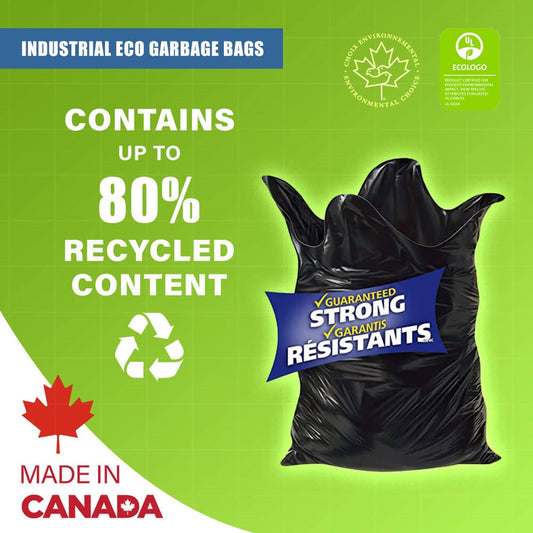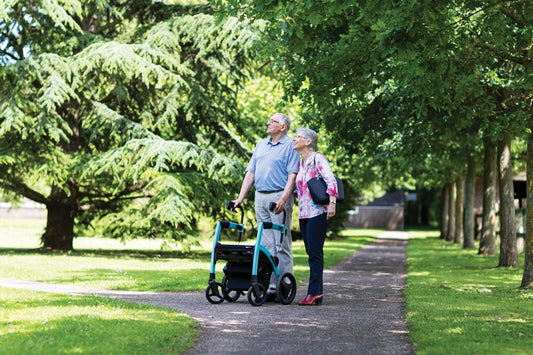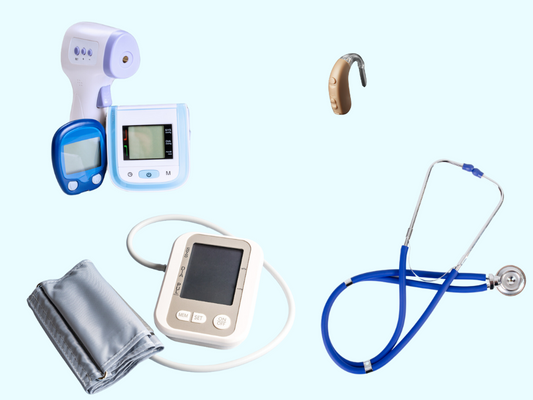
What is a Rollator? Everything You Need to Know
As a child, you may have seen older people walking with a stick just to keep their balance while walking. But now, with the advancement of technology, you will find many mobility aids, such as rollers, in the market that can provide comfort to those with mobility problems. I think these mobility aids have allowed them to be active and feel independent.
But with most products on the market, it is sometimes difficult to decide what is best for you. Whether you need moving equipment for yourself or a loved one or simply want to equip them with the necessary information about mobility aids, this article is for you. Today, I’m going to help my readers learn more about rollators, from what they do to how they work and what their benefits are.
What is a Rollator?
Rollators are four-wheeled walkers with a seat. They are designed to comfort people with mobility issues. This mobility aid helps them to walk and maintain their balance. However, they can move on their own. The main advantage of rolling over a traditional walker is that it provides more stability and support and also allows users to maintain a walking style.
These devices are designed with a frame with four wheels and a seat; some have additional features. These devices reduce strain on the user’s arms and shoulders, allowing them for smoother movement.
Rolling machines have made great strides in recent times. Most models are now equipped with hand brakes, allowing users to control their speed and stop quickly. Height-adjustable models are also available, making them ideal for people of varying sizes. In addition, storage containers such as bags or baskets provide a convenient way to store personal items.
Types of Rollators:
There are several types of premium Rollator for sale in Canada, each designed to meet different needs and preferences. Some common types include:
- Three-Wheel Rollators: As the name suggests, these rollators have three wheels instead of four. They are commonly known as tri-walkers. Three-wheeled rollators are ideal for those with less mobility issues. They are also useful for being more maneuverable in tight spaces.
- Heavy-Duty Rollators/ Bariatric Rollators: These rollers are specially built for people who require more weight than a standard rollator. It is composed of a reinforced frame and has wide seats to accommodate larger users.
- Knee Scooter Rollators: These rollers are designed for individuals who are unable to carry weight with one or both legs. They have padded knees and supportive wrists, allowing users to move with their intact legs.
- Forearm Rollators: Also known as forearm drivers, these rollers are designed for individuals with limited hand or wrist strength. They use hand supports instead of traditional handlebars, allowing users to support their weight on their elbows as they walk.
- Rollators with Suspension: Some rollers have suspension systems that absorb shock and provide a smoother ride, especially on uneven terrain. These rollers are suitable for outdoor use and can help users with joint discomfort or mobility concerns.
- Children’s rollers: These rollers are designed for children with mobility challenges. They are small in size and have adjustable arms and seats for growing children.
How Does a Rollator Work?
Using a rollator is straightforward. The user grips the handlebars for support and pushes the rollator forward while walking. The wheels allow for smooth movement, and the brakes can be engaged to stop the rollator when needed. Many rollators also come with a seat, allowing the user to rest when necessary. Overall, rollators provide stability and support, making it easier for individuals with mobility challenges to walk independently.
Benefits of Using a Rollator:
- Improved Confidence: When an individual is facing a mobility challenge, whether because of age or any kind of accident, he/she gets disturbed and may lose self-confidence. A rollator can significantly improve confidence in their ability to move around safely and freely without anyone else help. Knowing that they have the support and stability of the rollator can help them feel more secure and less anxious about falling or losing their balance.
- Enhanced Social Engagement: You may have noticed people with mobility restrictions can often get isolated. Because they feel hesitant to participate in activities or events outside of their houses. Rollers can encourage them to become more social by allowing them to move rapidly and confidently, see friends and family, or attend local events.
- Physical Exercise: When people have the confidence to walk on their own, they try to take steps and move wherever they want to go. This is very essential for their general health and wellness. Sitting or lying just in one place can tire them physically and mentally. Using rollators can encourage them to walk regularly. Hence, it improves circulation, muscle strength, and joint flexibility and provides them with mental peace.
- Reduced fatigue: Rollators are designed to provide more comfort. Compared to using a traditional walker, rolling requires less effort because the user may rely on the roller’s wheels for stability and mobility. This can help in relieving fatigue, especially in persons who have low endurance or stamina.
- Independence in Daily Activities: Independence in daily activities: The Rollator enables users to carry out daily activities independently, such as grocery shopping, going for a walk, or appointments This independence can help they have become more independent and self-sufficient.
- Posture Support: The rollers are designed to provide ergonomic support, ensuring a comfortable posture when walking. This can be useful for those with back pain or other postural issues, as it helps to distribute weight more evenly and reduces stress on the spine
Choosing the Right Rollator:
Each rollator we have discussed earlier is used for different requirements and needs. Each has its benefits and drawbacks. Before making a purchase, there are a few things to consider. Looking at these considerations you will be able to get the ideal rollator that suits your requirements and maximizes your mobility. Take some time to evaluate the following factors before making a final decision.
- User’s Mobility Needs: The first thing to be considered is the specific mobility needs of the user. Rollators require some physical strength to move; if the user is completely paralyzed or doesn’t have the strength to move, then rollators are not a good option. You should consider another alternative, such as a wheelchair.
- Size: You should also consider its size based on the usage. Rollators come in various sizes, from kids’ models to larger ones. For example, if the user needs a rollator primarily for indoor use, a smaller and more maneuverable model may be suitable. On the other hand, if the rollator will be used mainly outdoors or on rough terrain, a sturdier model with larger wheels may be necessary.
- Height and Weight: Make sure the rollator is the appropriate size for the user’s height and weight. Most rollators are height adjustable, however it is critical to check the specs to guarantee a correct fit. Consider the rollator’s weight capacity as well to ensure it can securely support the user.
- Mobility Features: Take into account the mobility aspects that are crucial to the user. Features such as a seat for relaxing, a basket or storage pouch for carrying stuff, and adjustable handlebars for comfort may be included. Some rollators may include additional accessories, such as cup holders or walking stick holders, which can be useful.
- Wheel Type: The type of wheels on the rollator is crucial, especially if it will be used outdoors or on uneven terrain. Larger wheels with treaded tires are more suitable for outdoor use, as they provide better traction and stability. Smaller wheels are generally more maneuverable but may not be as suitable for rough surfaces.
- Braking System: Check the rollator’s braking system to make sure it is easy to use and provides adequate stopping power. The loop brakes on some rollers can be operated with one hand, while others require less hand strength to operate the push-down brake.
Wrap up!
Finally, rollators are extremely useful mobility devices that provide support, stability, and independence to persons with mobility issues. I genuinely hope that by studying what rollers are, how they work, and the benefits they provide, you will be able to make an informed decision on whether rollers are right for you or a loved one.







